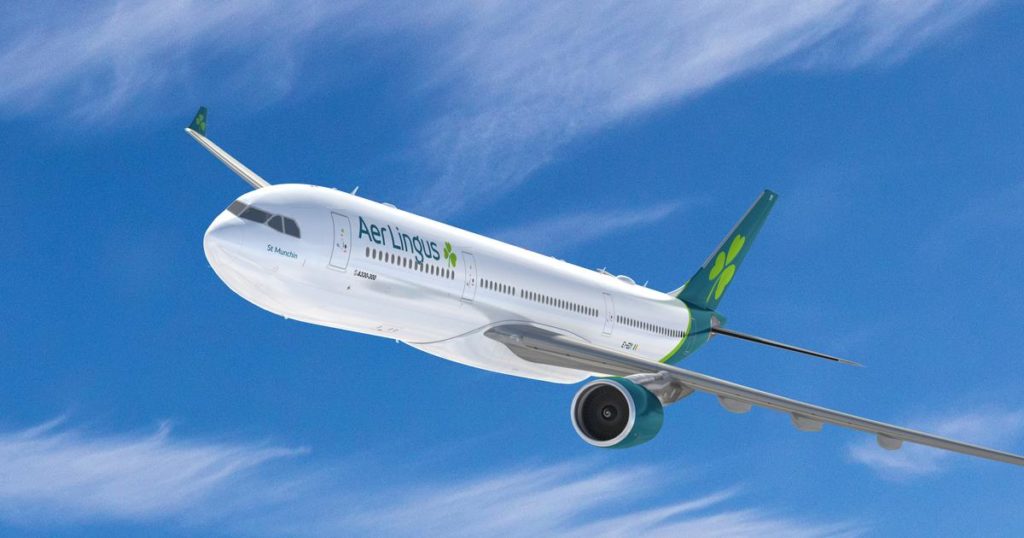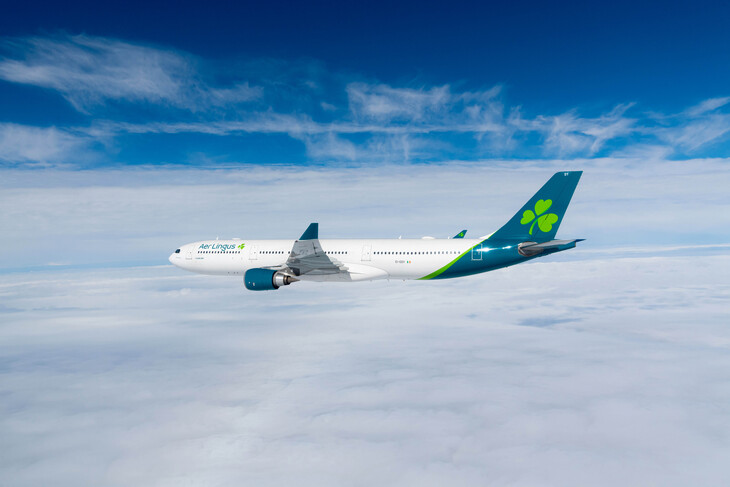As Aer Lingus pilots announce that they will go on strike next weekend, the threat of a disrupted travel summer has now become a reality. So far, 124 flights have been cancelled from Wednesday, June 26 on foot of an announcement of a work-to-rule by Ialpa, the airline pilots’ union. The announcement of an eight-hour strike by pilots on Saturday June 29 has led to Aer Lingus cancelling a further 120 flights.
As well as severely impact the travel plans of thousands, the impending industrial action once again raises the question of where exactly that leaves stranded passengers. If you’re unlucky enough to be impacted by the strikes, these are the facts about what you’re entitled to.
EU Directive 261
Most people have heard about EU Directive 261, which outlines the rights of air passengers in the event of delays and cancellations. Critically, these apply to any flight operated by an EU carrier operating within the 27 countries of the EU. It also applies to non-EU carriers flying into or out of the EU – with the sole exception of UK-operated flights to and from the EU.
Aer Lingus is an EU carrier and all of their flights operate within the EU or start or finish in the EU, so all passenger rights are covered by EU 261.
Your basic rights

If you have a confirmed reservation and a valid ticket, and so long as you’re not late for your flight, your rights are pretty clear. In the event of cancellation, you’re entitled to a refund or a rerouting on the next available flight or a later one of your choosing.
If your flight is delayed, EU 261 only kicks in after a certain time, depending on the length of your flight. For short haul flights (1500km or less) it’s any delay of two hours or more; three hours for medium-haul flights (1500-3500km); and four hours or more long-haul flights (anything longer than 3500km).
Compensation
As well as the choice of a refund or a rerouting, air passengers left on the ground because of delays are legally entitled to meals and refreshments if the disruption is over two hours; anything over five hours and you have the choice of cancelling the flight with a full refund or re-routing under comparable conditions. If the delay results in an unscheduled overnight, they are also entitled to have reasonable hotels and transport costs to and from the airport covered by the airline. What is defined as ‘reasonable’ is annoyingly vague, but usually means a stay in a mid-range hotel and food from a mid-priced restaurant.
Stranded air passengers are also entitled to financial compensation, but again it depends on the duration of your flight. Short haul compensation is up to €250; medium-haul is €400; while cancellations or long delays to long-haul flights entitle the passenger to compensation of €600.
Extraordinary circumstances

Airlines are not obliged to fork out compensation if the delay or cancellation was caused by ‘extraordinary circumstances’ or if they cancel a flight and provide notice within 14 days of the scheduled departure (although they are obliged to provide a new option for flights). Extreme weather and acts of terrorism fall under this, as does industrial action by air traffic controllers and airport staff – all of which can be reasonably assumed to be outside of the airline’s control.
Crucially, though, what is within the airline’s control is industrial action by its own employees. In this instance, it’s the pilots who are going on strike, so compensation under the terms of EU261 is covered.
What to do in the event of a cancelled flight
If you’re unlucky enough to have your flight cancelled before you depart, you will be offered the chance to re-route, get a full refund or a voucher equivalent of the cost of your flight.
However, If the notice of cancellation came less than two weeks from your scheduled departure, you’re also entitled to financial compensation depending on the duration of your flight.
If you’re already abroad and you receive notice of cancellation, you are entitled to cash compensation as well as any hotel and food costs incurred directly as a result of the cancellation.
Let’s say you’re in Spain and were originally planning to return on Wednesday, but Aer Lingus has cancelled your flight and the nearest available flight is now on Friday. This means two extra nights you didn’t plan for – and the cost for those must legally be incurred by the airline.
Get receipts
So long as you have receipts. Receipts, receipts, receipts. I cannot emphasise it enough: you need receipts. And when it comes to submitting a claim, if you’re doing it by snail mail be sure to only sending copies of those receipts. If you’re submitting your claim electronically, a scan or a clear image of those receipts sent as attachments is enough.
A summer of flight misery?
There’s no doubt this is going to be tough week for Aer Lingus passengers. As well as the cancellations we know about, there’s the looming threat of further cancellations as the airline and Ialpa continue to stand their respective grounds.
We all want common sense to prevail. But in order for that to happen, both sides need to engage with each other – and this means returning to the negotiating table, as per the plea by the ITAA. There is no doubt neither side wants a summer of travel hell for passengers, but it is crucial that Ialpa and Aer Lingus resume constructive talks to resolve their differences. A summer of travel disruption hurts everyone, including the airline, the union and – especially – the consumer.







